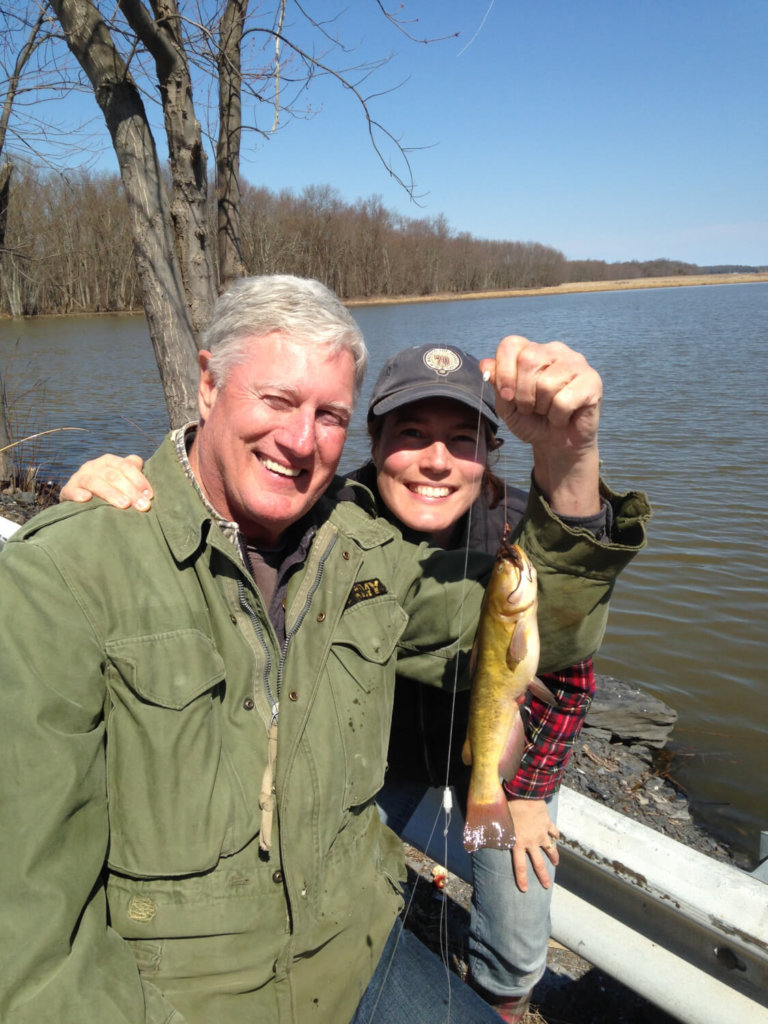Sacred Hunter: How much is enough?

It’s human instinct to take advantage of things in life that help nurture, sustain, enrich or simplify our lives.
There are so many ways of taking advantage that sometimes our training to do so engulfs our spirit, and we start looking for ways that we might make choices that later require us to recalibrate our moral compass to find true north.
We take advantage of situations, resources, opportunities, and even each other to gain money, power or prestige. Sometimes we don’t even see that we are taking advantage of something, or someone, who might not be aware of what we are doing. We become detached from our own values in order to seek advantage.
When I forage, I am taking advantage of a resource to nourish my body and the bodies of those for whom I care. I am taking advantage of a landowner’s good graces by asking if I can be allowed to harvest a particular plant or mushroom.
Upon arriving at my destination, I assess the resource and use my moral compass to determine how many ramps, fiddleheads or wild asparagus I might take without harming the population by over-harvesting. Hopefully, that small voice inside me puts a limiter on my desire to take advantage of the bounty in front of me.
As I walk leisurely into my favorite ramp field in the small plot of woods, I am shocked at what I see.
The entire half-acre of ramps has been destroyed by someone seeking to take advantage of this small woodlot to harvest sap. A gently rolling hillside has been pummeled by mini excavators, tractors and ATVs that have created three-foot-deep ruts and knocked over anything that wasn’t big enough to tap.
Clearly, the individual who has done this is taking advantage of this resource for the chance to make some extra money. As an acquaintance of mine likes to proclaim, “Profit is not a bad word.”
I have to question that statement when it exploits a resource or a person to the degree that it harms anything or anyone.
I am aware that humanity cannot exist without taking advantage of our resources, and I try to consider this when harvesting a chicken-of-the-woods mushroom or taking too many morels from a special spot. But the harm we do is measurable and should be calculated to include the common denominator of degrees to which we need the money, need the electricity, need the gas, or the coal … or the maple syrup.
We should also consider the affected individual. Does he or she know the volume of compensation you are receiving from taking advantage of his or her resource?
In the case of the sap lines, I am privy to knowledge that the lessee is not claiming the true value of the syrup he is taking off the woodlot. The landowner is blissfully unaware of this, as he is supposed to be sharing in the profits of this operation.
Is taking advantage of another person’s lack of knowledge akin to taking advantage of the resource beyond what is sustainable? Is this standard operating procedure acceptable in the name of “making a profit?”
As I sit on the bridge over the slang in Ferrisburgh and work on filling my bucket full of bullhead (of which there is no daily limit) I can only reflect on my own actions and ask myself “How much is enough?”
Am I taking advantage of a resource for my own benefit? Yes. Am I harming the environment? No. Am I taking more than I need?
I pray that my moral compass points to true north, into the sunlight reflecting off of the early spring water.
Bradley Carleton is executive director of Sacred Hunter, a nonprofit that seeks to educate the public on the spiritual connection of man to nature and raises funds for Traditions Outdoor Mentoring, which mentors at-risk young men in outdoor pursuits.

